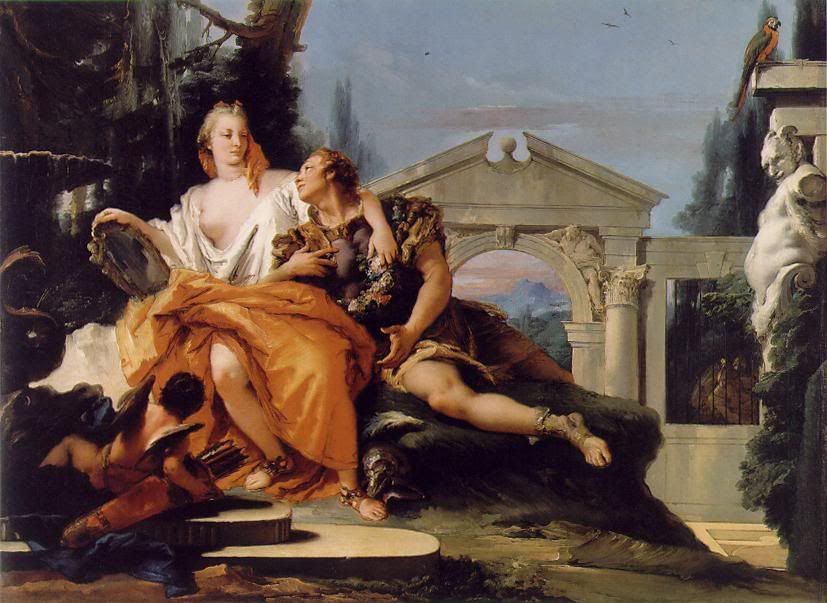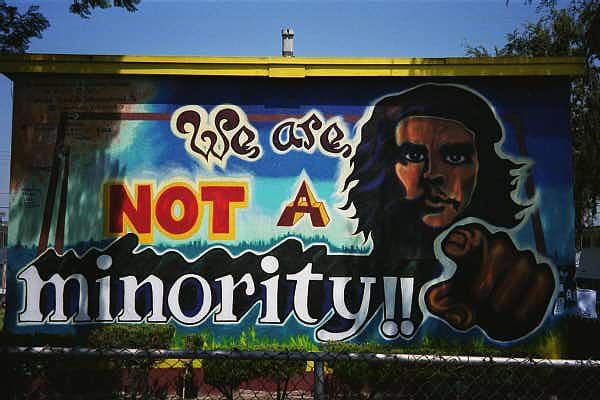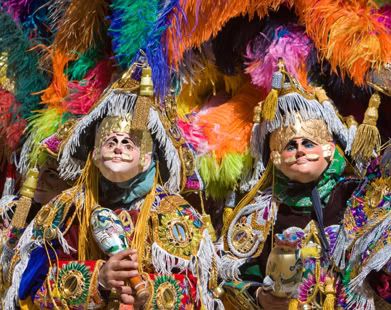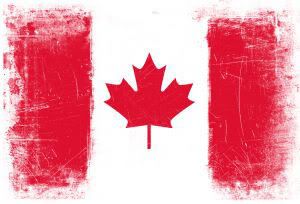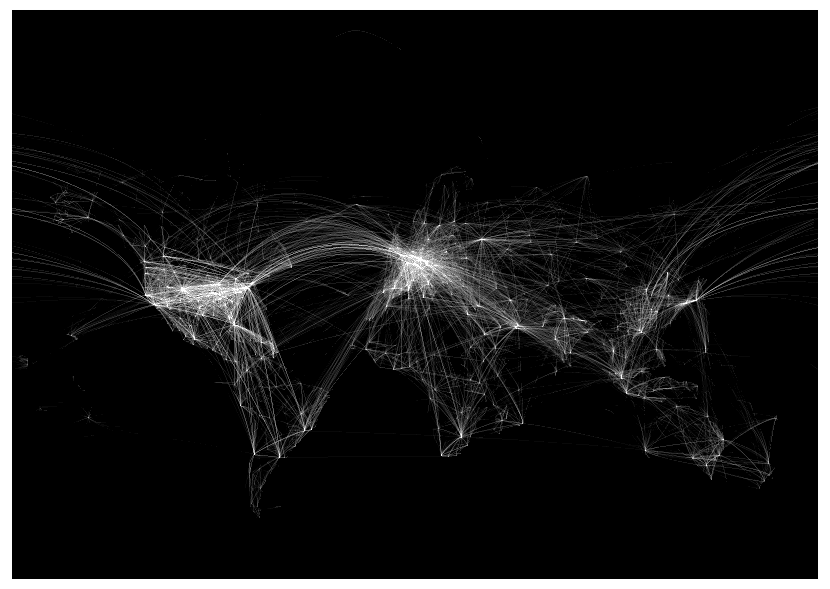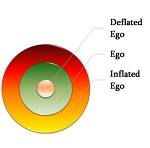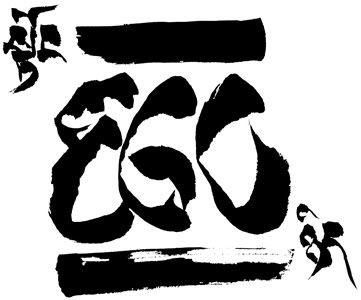I don't want to think about how many hours it has taken to get from there to here. Up at 5 am to get to Malpensa Milano Airport for an 0650 flight to Amsterdam. Milano time an hour later than what used to be called Greenwich Mean Time, now Universal Coordinated Time (UTC), or what pilots refer to as "Zulu." A three and a half hour layover at Amsterdam Schiphol Airport. I passed the time by going mad. Then an eight-hour flight to the home airport. Then watching the bags, not ours -- I got to know lots of them well -- circling around the carousel at baggage claim for five years subjective time. Eventually ours made a belated appearance and a cab ride later we were back at Start.
Say what you like (or don't like) about long-haul air travel, it is still a strange and remarkable experience. A view of the Alps from 37,000 feet is fresh in my mind, yet an ocean and a continent away. Since I slept last, I have been above Scotland (which was wearing a white blanket of cloud), within hailing distance of Greenland, over Newfoundland, Quebec, Vermont. Those places really go in for clouds in this season, but even if I couldn't see anything except the odd half-frozen lake, it's astounding to think I was shooting through their skies mere hours ago.
Straightaway after greeting the cats on arrival at home base -- I'd almost forgotten that Matisse can't sit still -- I had to do something to affirm being back. I went into the media room (not as pretentious as it sounds, a small room into which I've jammed all the audio and video equipment other than my wife's TV and sound system, which occupies a deal of real estate in the living room), and put on Bruckner's Symphony no. 2.
The version by Georg Tintner and the National Orchestra of Ireland. Not as splendid a performance as Karajan and his Berlin Philharmonic, the greatest orchestra that has ever been or probably ever will be, but there are no flies on Tintner and the recording is more recent and detailed (also a different edition than Karajan used). You can truly hear the double basses down to their lowest moan.
Tintner was an eccentric conductor who never had a major orchestra of his own -- he spent some years at the head of an orchestra in New Zealand, if I recall. Then late in his life the blessed budget label Naxos offered him the chance to perform and record the Bruckner symphonies, which I gather were close to his heart. He recorded all nine, then soon afterward at the age of 80 or so chose to end his life.
Anyway, where was I? Where am I? Oh, right, home and writing stream-of-consciousness twaddle.
I'm not sure whether it's yesterday, today, or tomorrow. When I figure it out, after a spell in Dreamland, I'll have some further descriptions of the viaggio in Italia.
Good night, or good morning, whatever it is where you are or I am.


